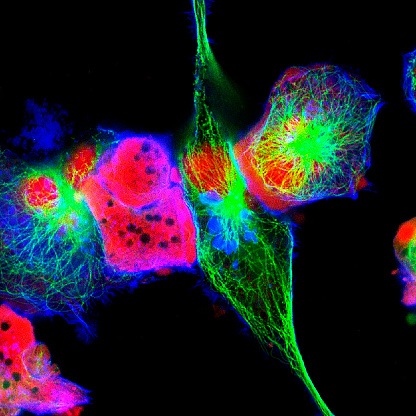
A new study published in Nature Communications reveals possible approaches for precision medicine to treat neuroblastoma. The study appeared in Nature Communications.
The study consisted of whole genome, whole exome, and whole transcriptome sequencing of 702 neuroblastoma samples, and 23 samples from patients who relapsed. The research examined links between common mutational traits that researchers hope to exploit therapeutically.
“This combined analysis of a large cohort of tumors provided insight into previously unrecognized correlations at work in neuroblastoma as well as the discovery of less common driver mutations,” said corresponding author Jinghui Zhang, Ph.D., chair of the St. Jude Department of Computational Biology via a press release.
Researchers utilized a common mutational pattern like a fingerprint to identify processes fueling tumor growth and spread. Their analysis identified a link between a chromosomal mutation in 65% of neuroblastomas and DNA-damaging molecules. The results suggest that mitochondrial gene defects may lead to increased production of reactive oxygen species, fueling tumor growth and drug resistance.
Researchers mine data and connect the dots about processes driving #neuroblastoma @NatureComms https://t.co/wqeE9msy9I
— Medical Xpress (@medical_xpress) October 15, 2020
“Thanks to this analysis, we have a deeper understanding of the alterations driving neuroblastoma, including how tumors form, progress and respond to therapy,” said co-author Michael Dyer, Ph.D., chair of the St. Jude Department of Developmental Neurobiology and a Howard Hughes Medical Institute investigator. “That is the foundation for translational research going forward.”
Researchers mine data and connect the dots about processes driving neuroblastoma https://t.co/n6dBDEemlz
— Healthcare News (@health_care_new) October 15, 2020
Researchers mine data and connect the dots about processes driving neuroblastoma https://t.co/sSOcBB19Nx
— INSIGHTS Spine (@InsightsSpine) October 16, 2020







 © 2025 Mashup Media, LLC, a Formedics Property. All Rights Reserved.
© 2025 Mashup Media, LLC, a Formedics Property. All Rights Reserved.